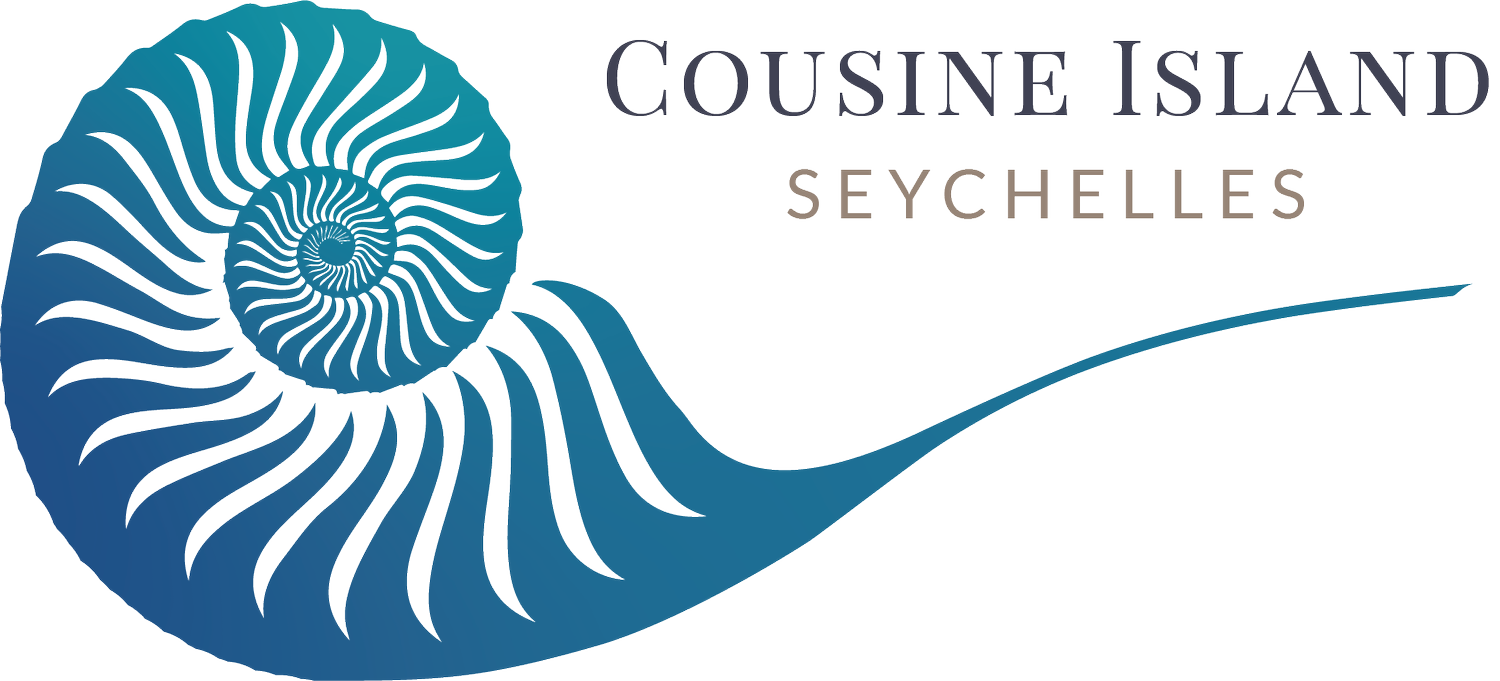
our blog
The Cousine Island Journal
Discover unique wildlife, explore island culture, and join our conservation team in their daily quest to restore and protect the unique ecosystems of the Seychelles archipelago. All on the most exclusive private island in the world.
Filter by Category

The Great Unwind: Restoring Your Balance on a Private Island
Escape the noise of the new year. January on Cousine Island offers the ultimate detox—silence, organic spa treatments, and the luxury of time.
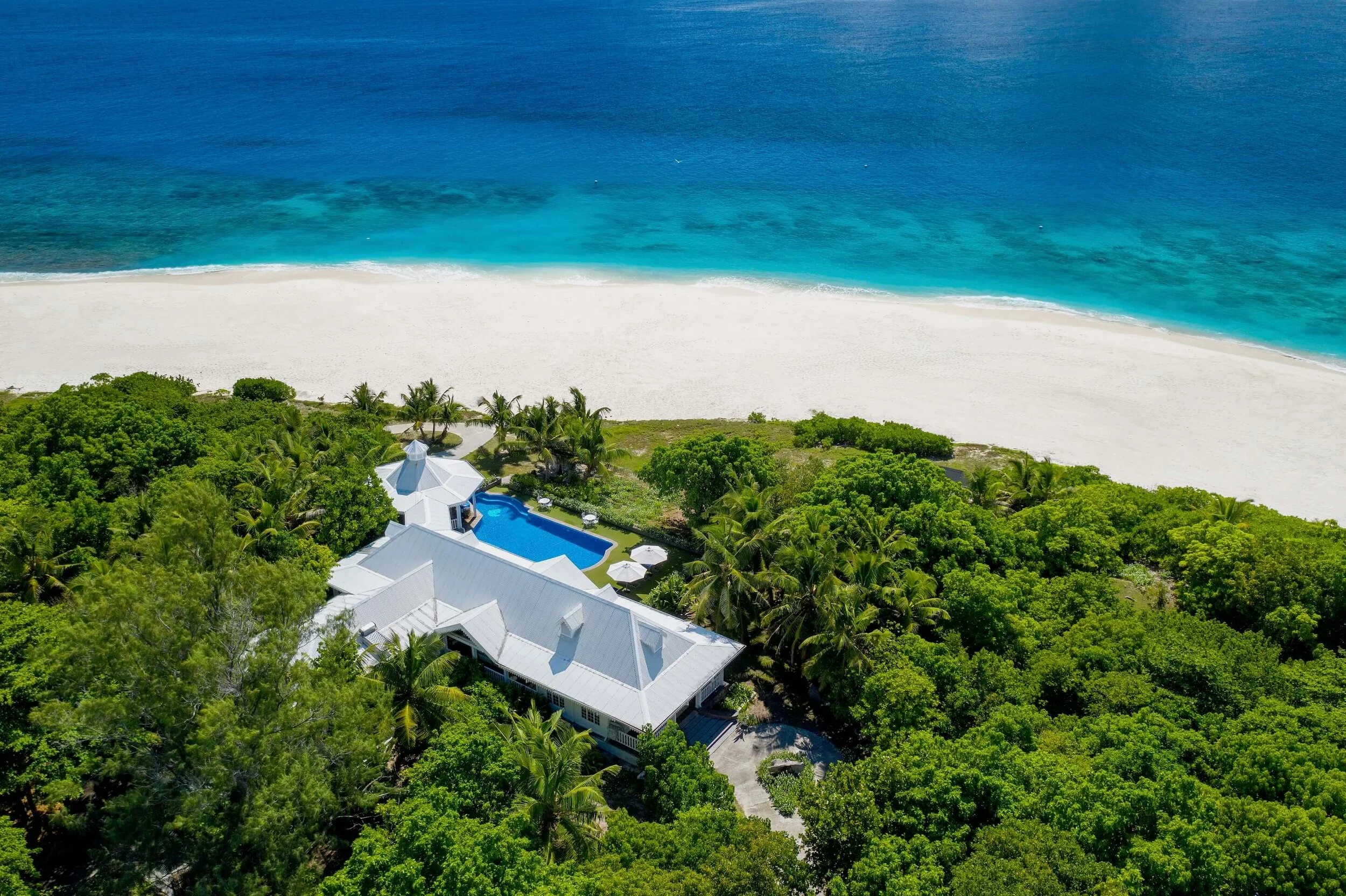
Embracing the Emerald Season: The Beauty of a Tropical January
January's rains transform Cousine Island into a lush paradise. Discover the vibrant beauty of the "Emerald Season" in our ancient Pisonia forest.
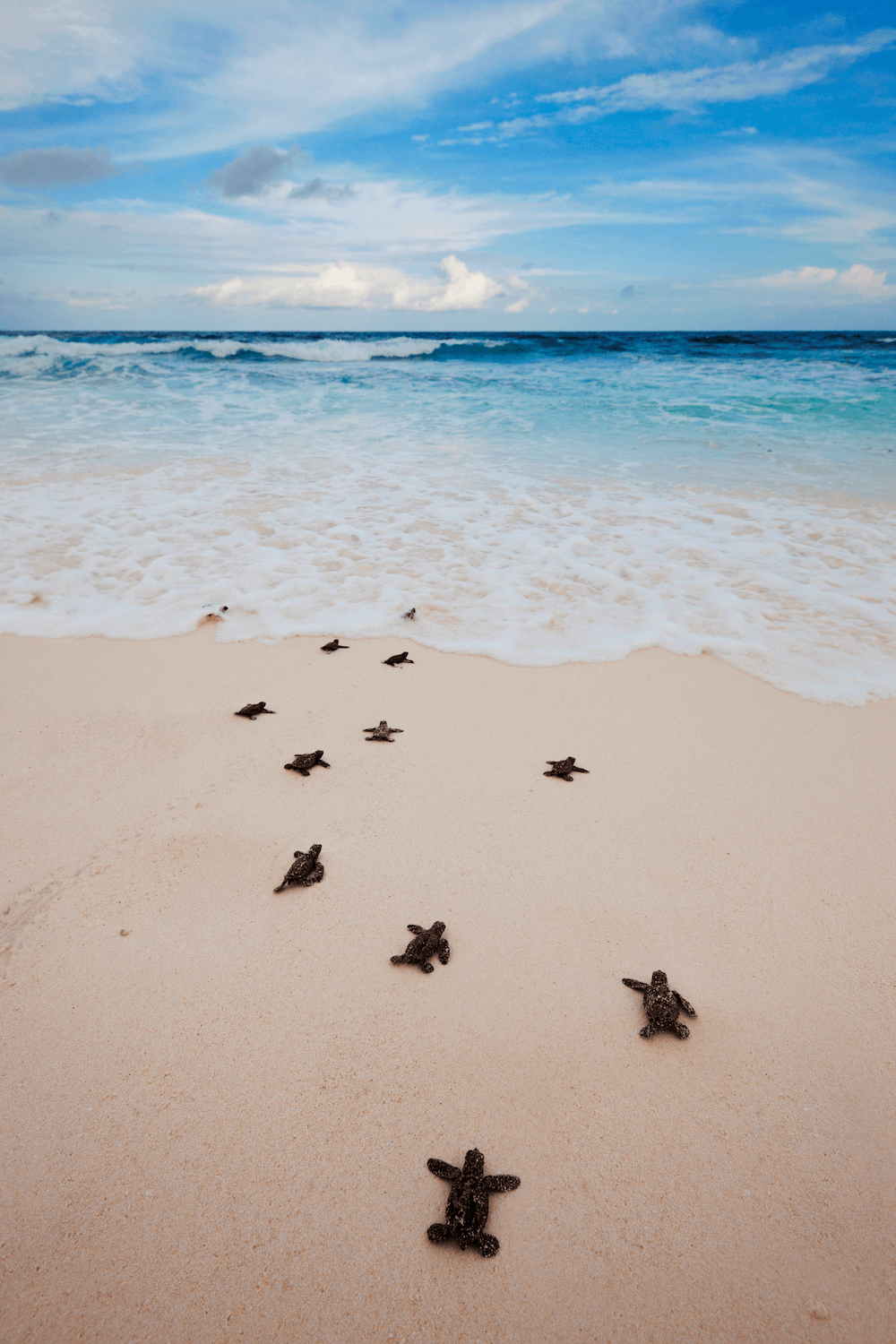
Tiny Footprints, Giant Journey: The January Hatchling Spectacle on Cousine Island
Witness the miracle of Hawksbill hatchlings on Cousine Island this January. A journey of survival begins on our shores—and you are invited to watch.
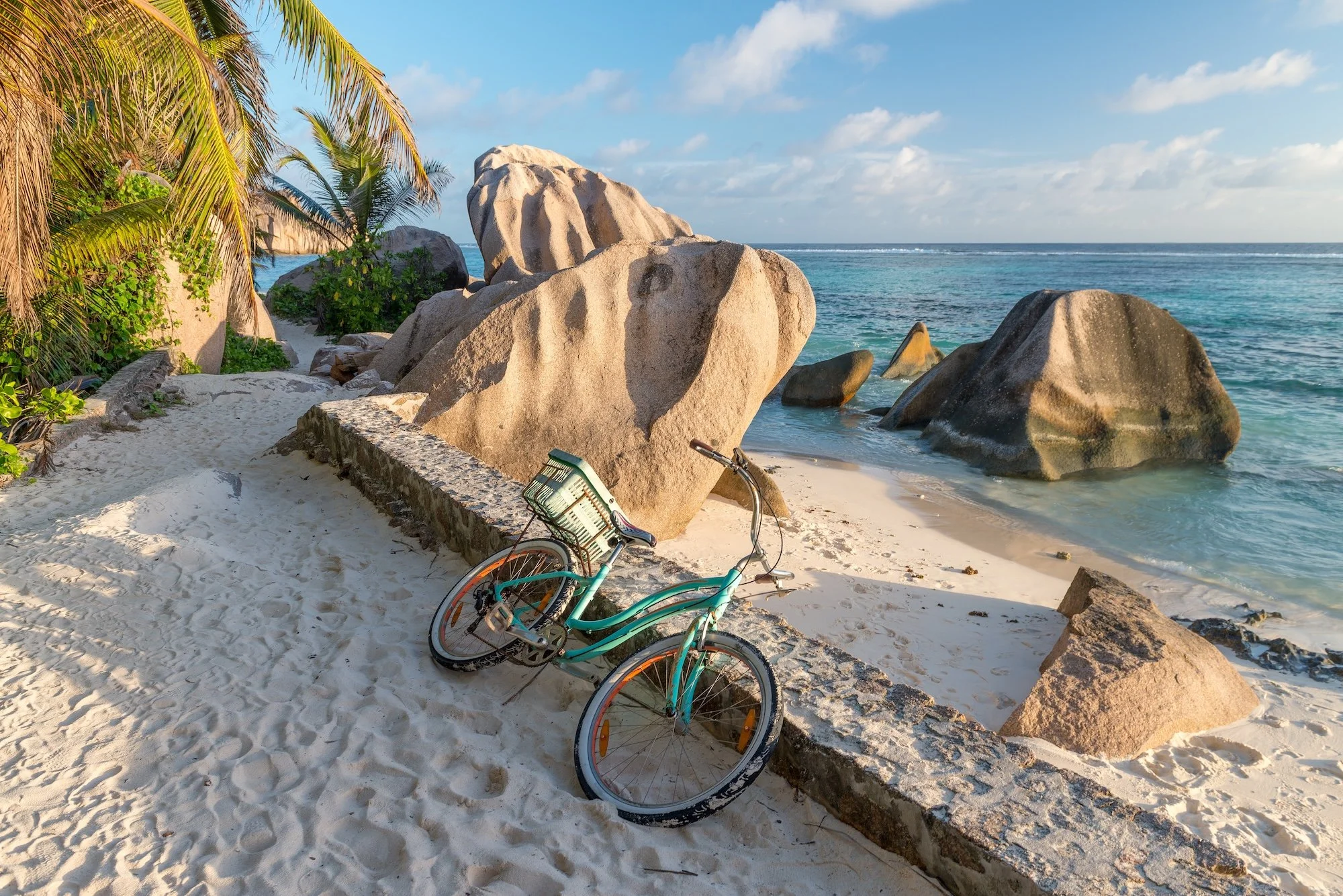
Beyond the Horizon: Curated Day Trips & the Soul of Creole Cuisine
This year‑end blog invites you to venture beyond Cousine Island’s tranquil shores. Optional day trips whisk you to nearby Praslin and La Digue by catamaran. Wander through Vallée de Mai, cycle through vanilla plantations, and lunch on octopus curry and coconut tart at a local Creole café. Afterwards, return to your private villa for sunset cocktails and gourmet dining.
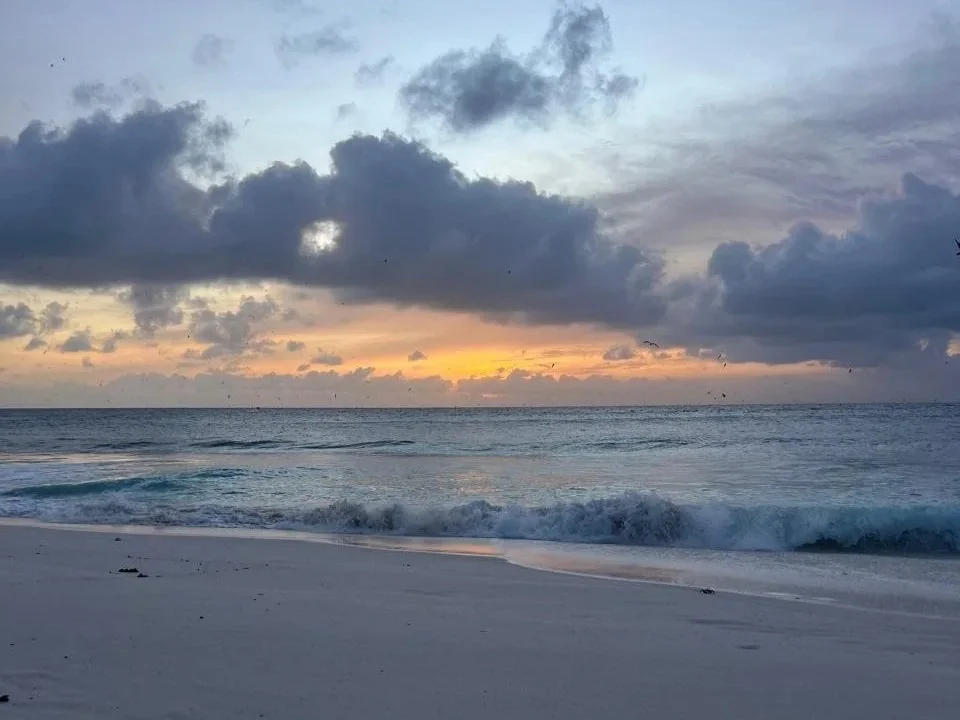
Rainy Days, Cosy Plays: The Art of Family Connection this Festive Season 🎄
December rains on Cousine Island invite families to slow down and reconnect. The Pavilion becomes your island living room for board games, puzzles and art. Children learn to cook, craft and explore between showers, while parents unwind with spa treatments and quiet moments. Personalised experiences ensure everyone feels at home in paradise.
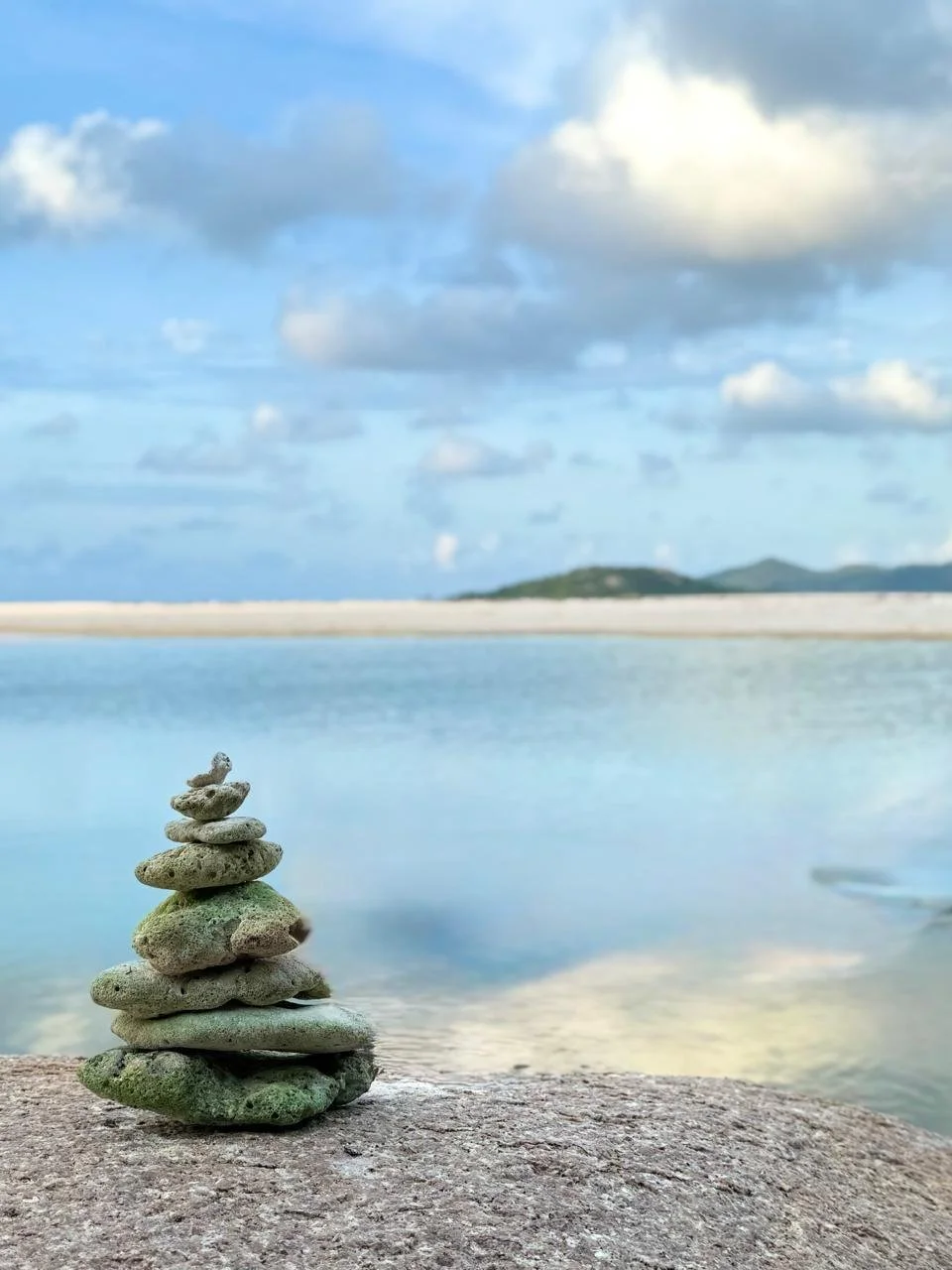
Trading Snow for Sand: Your Ultimate Seychelles Festive Season Retreat
Cousine Island in Seychelles transforms the year-end holidays into a private, conservation-centred celebration. With only five villas, bespoke festive services (custom stockings, floral arrangements, romantic dinners) and no fireworks, the island delivers a serene luxury getaway where gourmet meals, nature adventures and ecological stewardship converge.

Swimming with Gentle Giants: Whale Shark Season at Cousine Island
A serene encounter with the world’s largest fish awaits at Cousine Island. From September to November whale sharks grace Seychelles waters, and this private island offers respectful encounters, turtle hatchings, guided nature walks and indulgent packages. Linger into the festive season and discover conservation‑minded luxury amid pristine beaches.

October Kicks Off Holiday-Planning Season: A Step-by-Step Guide from Booking to Beach on Cousine Island
October is the quiet window before peak-season demand, making it the best time to secure villas, transfers and inter-island routes. This step-by-step guide shows how to structure a Seychelles itinerary that ends with a private and conservation-focused stay on Cousine Island.

Your Luxury, Your Legacy: A Guest Guide to Low-Impact Travel on Cousine Island
Cousine Island shows that exclusivity and sustainability can coexist. With limited villas, guided experiences and a conservation-first philosophy, the island allows guests to enjoy true privacy while preserving its delicate ecosystem.
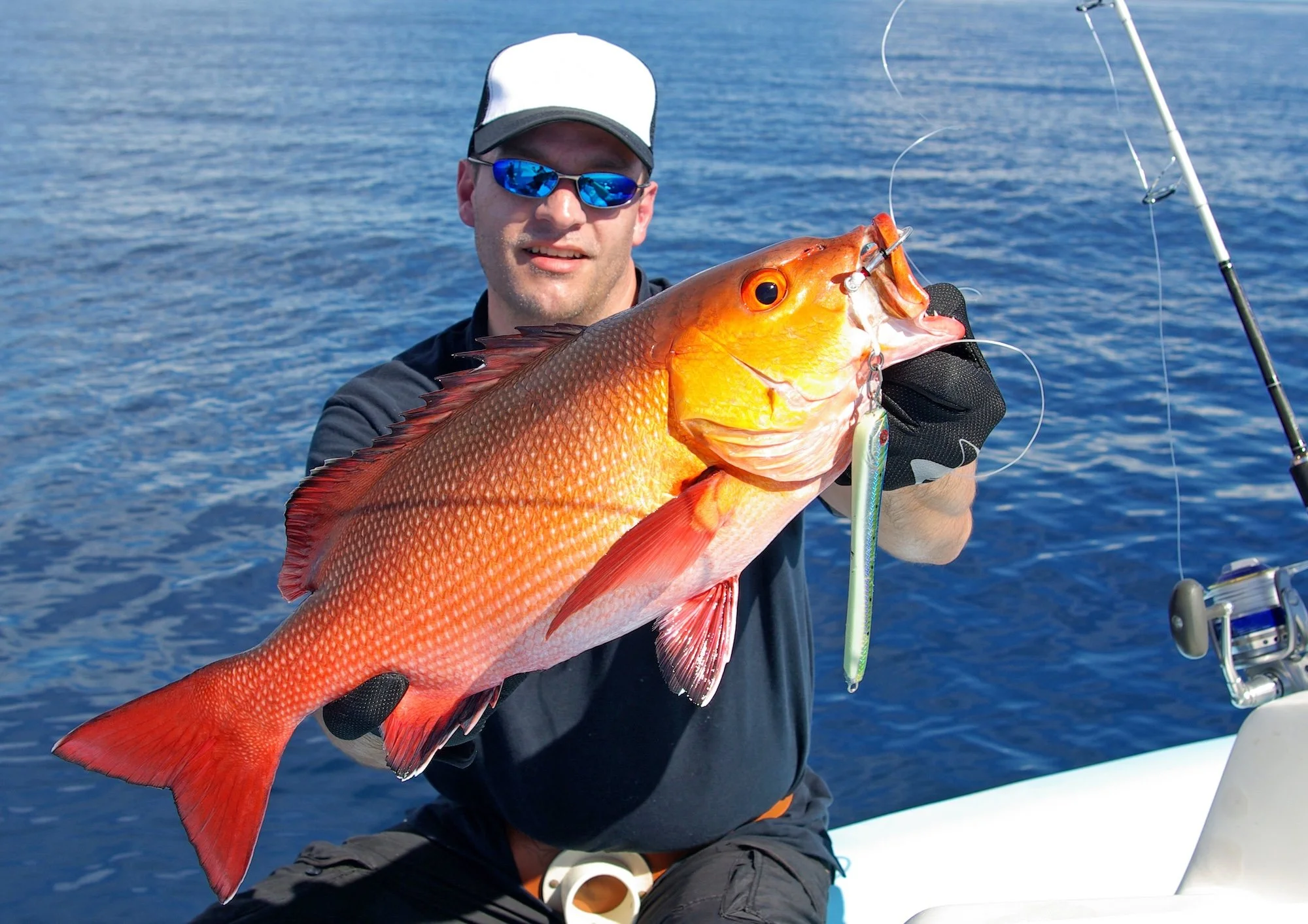
Fishing Adventures in Seychelles: From Shore to Deep Sea
Seychelles is not just a postcard-perfect archipelago—it’s a living culture where fishing anchors daily life and cuisine. This guide explores shoreline fishing on Cousine Island’s beaches and deep-sea charters that pursue tuna, dorado and wahoo. It explains how guests participate in sustainable catch-to-table dining and highlights seasonal patterns and conservation rules that keep Seychelles’ marine ecosystems vibrant.

How Do You Get to Cousine Island? A Step‑by‑Step Travel Guide
Reaching Cousine Island is part of the adventure. From international flights into Mahé to private helicopter or yacht transfers, every step of the journey is designed to be seamless and unforgettable. Discover how to get to our exclusive private island in Seychelles and start your escape to paradise.

Is Seychelles Safe? Five Travel Tips for First-Time Visitors
Seychelles is known for its calm waters and political stability — but for travelers seeking total privacy and security, Cousine Island offers something more. Discover why this private island is the safest, most exclusive way to experience the Seychelles.

When Is the Best Time to Visit Seychelles?
Plan your trip to Seychelles by what you love most—water adventures, wildlife, or romance. With year-round exclusivity, Cousine Island always delivers something special.

Is July the Best Time for Ocean Adventures in the Seychelles?
July offers calm seas and sunlit skies—ideal for at-sea adventures on Cousine Island. Discover catamaran charters, snorkeling, fishing, and paddle boarding with luxury packages.

Reconnect, Recharge, & Rediscover: The Ultimate Family Holiday Destination at Cousine Island
Cousine Island is more than just a luxury getaway; it’s an unparalleled sanctuary for families and friends looking to reconnect, reflect, and rejuvenate during the holiday season.

Cousine Island Awarded the Prestigious Seven Stars Award: A Celebration of Sustainability and Luxury
Cousine Island wins the distinguished Seven Stars Award, honoring Mr. Keeley’s vision of combining unparalleled luxury with sustainable conservation efforts.

Immerse Yourself in the Snorkeling, Diving, and Fishing Season on Cousine Island
October marks the perfect season for snorkeling, diving, and fishing on Cousine Island, where luxury meets adventure in the Seychelles’ pristine waters.

Embrace the Heartbeat of Seychelles: A Cultural Journey on Cousine Island
Discover the heart of Seychelles on Cousine Island, where rich heritage and timeless beauty create an unforgettable cultural journey.

Seychelles vs. Maldives: Which Island Escape Is Right for You?
Discover whether the Seychelles or the Maldives is your ideal island getaway. This in-depth comparison covers landscapes, wildlife, culture, activities, and often overlooked travel logistics.
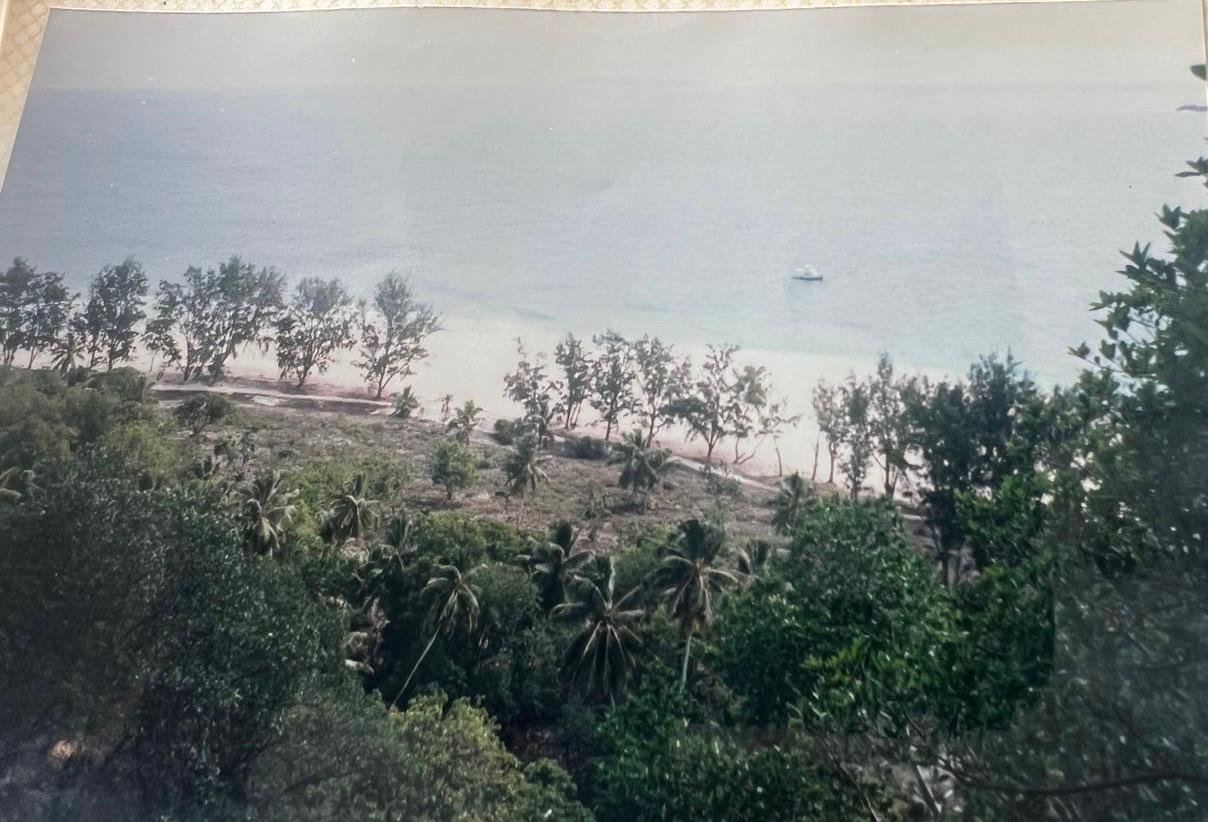
The History of Cousine Island, Jewel of the Seychelles
Brought from the brink of despair due to exploitation, the island has been rehabilitated and protected for decades by current owner Mr M.F. Keeley and family.
